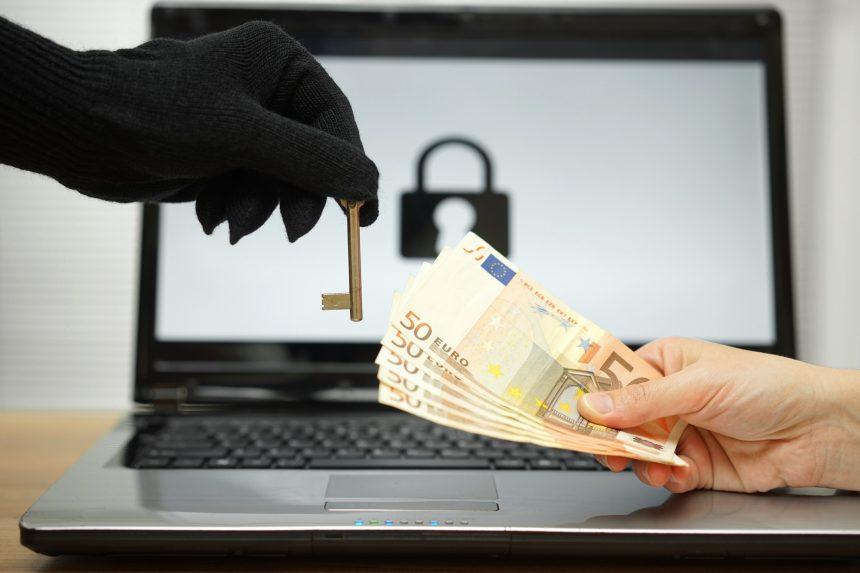MMDT Ransomware is another addition to the STOP/Djvu Ransomware family. Like its many predecessors, it locks up users’ files and demands a ransom fee to restore the file access. MMDT Ransomware encrypts various file types, including photos, music, documents, and videos. During the file encryption, MMDT Ransomware adds the .MMDT extension to affected files and leaves a ransom note on the user’s desktop and in every folder that has the encrypted files.
Unfortunately, an online decryption tool that would unlock the encrypted files is not available at the moment, and the only reliable way to recover affected files is to restore them from a backup. You could also possibly use alternative data recovery options. However, there’s no guarantee that alternative data recovery tools will unlock all the encrypted files.
MMDT Ransomware employs distribution methods that are common to many other ransomware variants. It generally arrives via malicious spam emails or unreliable websites. Once the malware accesses the victim’s system, it employs the AES encryption algorithm to lock up important files. Afterward, MMDT Ransomware demands a ransom for the decryption key. The decryption key costs $980, but the cybercriminals will offer a 50% discount if the victim contacts them within the first 72 hours after infection.
Although the hackers provide the contact emails support@bestyourmail.ch anddatarestorehelp@airmail.cc, there is also no guarantee that they will issue the decryption key they promise, so ransomware victims are discouraged from paying the ransom, or even establishing communication.
How Do I Deal with the MMDT Ransomware Infection?
To protect yourself from the MMDT Ransomware, you should invest in a reputable malware remediation tool to regularly scan for elements associated with this troublesome ransomware infection. In addition, to protect your critical files from any future malware attacks, you should back them up on an external hard drive or cloud storage.





